Special Report
This Is the American Car With the Worst Customer Service

Published:

The car industry in America, and around most of the developed world, has reached uncharted territory. The demand for cars has run well above supply for two years. The primary cause is a low supply of the microchips used in car electronic and infotainment systems. The problem may persist well into 2023.
As a result, many car owners and lessees keep cars longer than they perhaps would have otherwise, relying on franchised dealers or aftermarket service facilities for maintenance and repair. The car with the worst customer service is Alfa Romeo. (With gas prices soaring, here are some cars from five years ago that get the best gas mileage.)
One of the most widely respected car research firms in America has recently released its latest study, now in its 42nd year. The J.D. Power 2022 U.S. Customer Service Index Study measures satisfaction with service at franchised dealer or aftermarket service facilities among owners and lessees of one- to three-year-old vehicles. The study covered 67,185 owners who had cars from the 2019 to 2021 model years. The survey was taken from July to December in 2021.
The study points out how service at car dealers has changed. People who have had to hold on to cars longer than expected due to the low supply of new ones often need more service on their current vehicle. Meanwhile, general supply chain problems have delayed the delivery of parts, and many dealers have also been short on staff.
Chris Sutton, vice president of automotive retail at J.D. Power, commented: “Dealer service departments are in a pivotal position to improve customer satisfaction and provide greater customer convenience, even though many challenges — including the parts supply chain disruption and the availability of new-vehicle loaners — are out of their control.”
The study looked at several service factors that the researchers weighted differently. Service quality was weighted at 32%, and service advisors was weighted at 19%, the same weight as vehicle pick-up. Service facilities and service initiation were each weighted at 15% of the total.
The maximum number of points a brand could score was 1,000, and cars were divided into two categories: premium and mass-market. The average score for premium cars was 866, and the average for mass-market cars was 844.
Alfa Romeo, the brand with the worst rating across both categories, scored 801. Made by auto giant Stellantis, Alfa Romeo only sells about 20,000 vehicles a year in the United States. (Find out if Alfa Romeo is America’s worst car brand.)
Click here to see the American car with the worst customer service
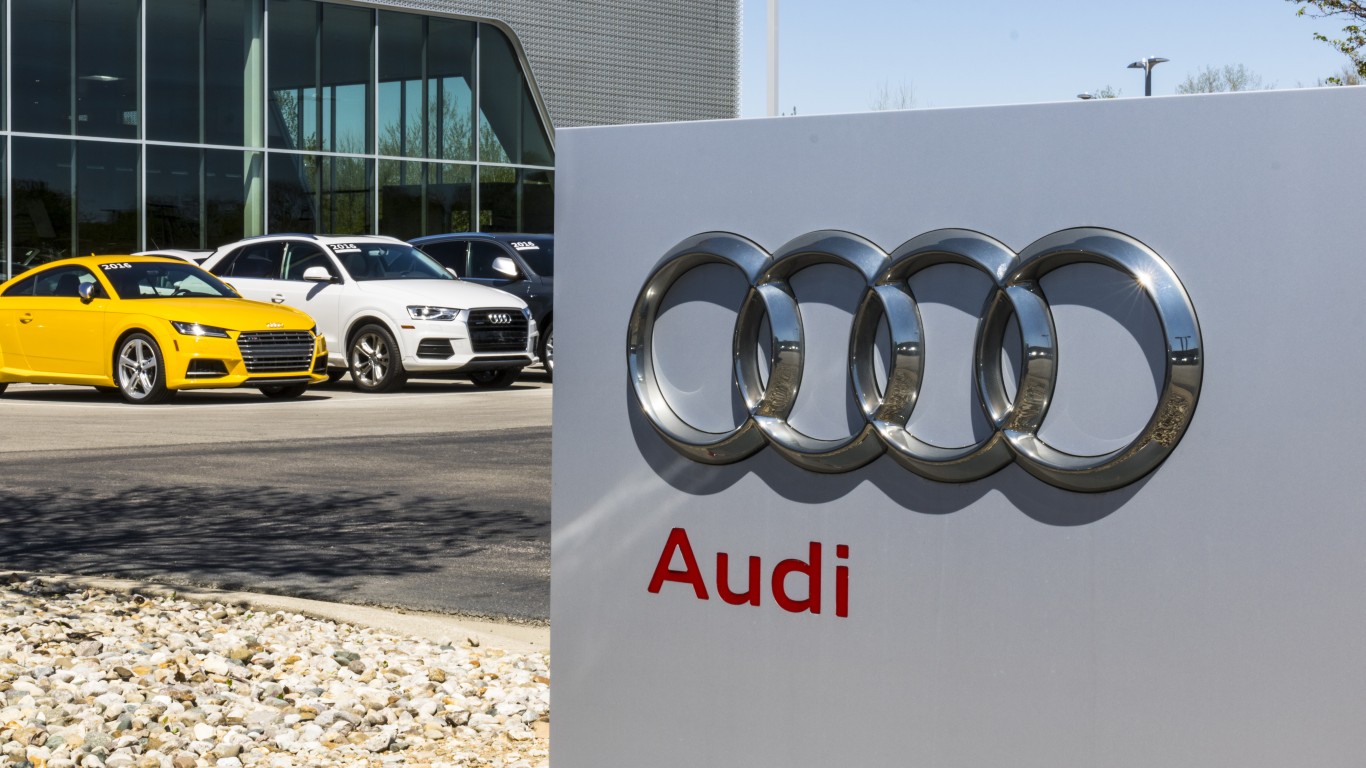
18. Audi
> JD Power score: 865
[in-text-ad]

17. Infiniti
> JD Power score: 862

16. Jaguar
> JD Power score: 858

15. Lincoln
> JD Power score: 854
[in-text-ad-2]
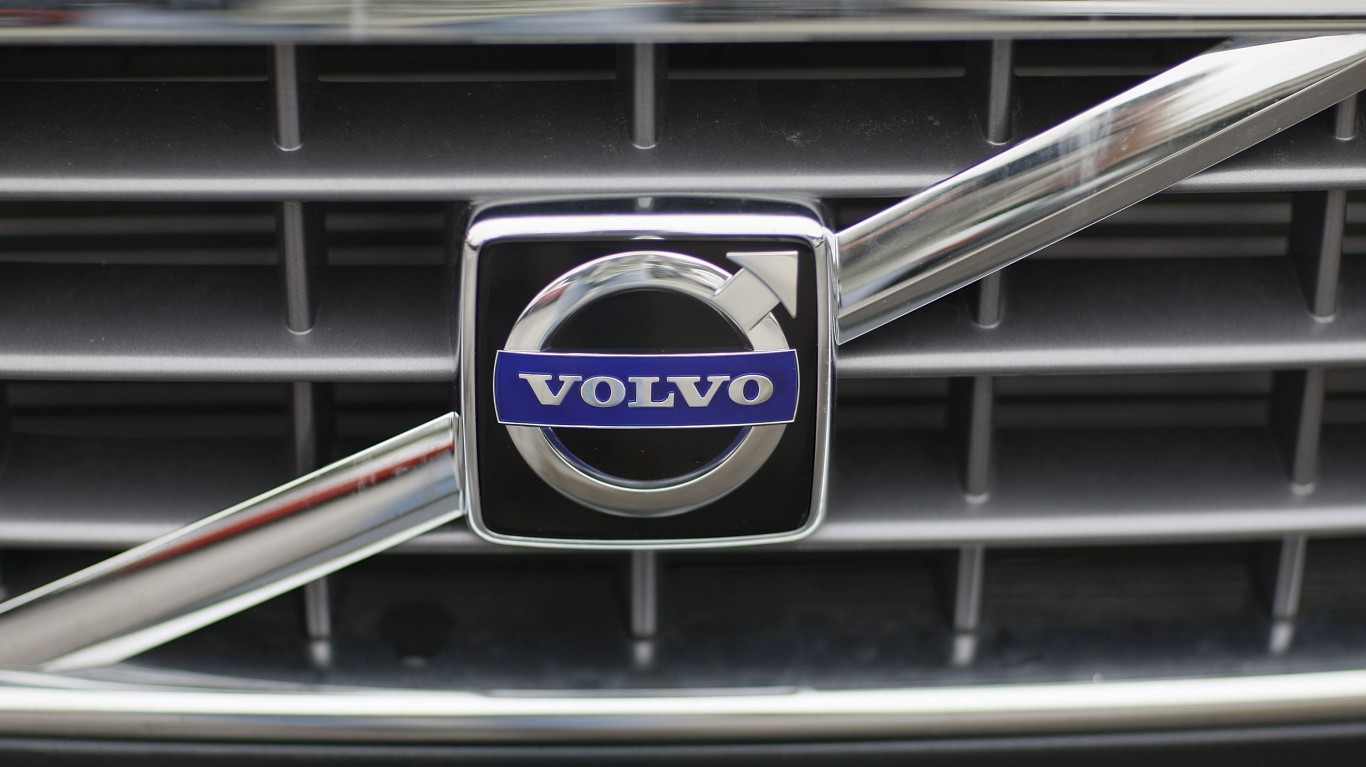
14. Volvo
> JD Power score: 854

13. Mercedes-Benz
> JD Power score: 849
[in-text-ad]
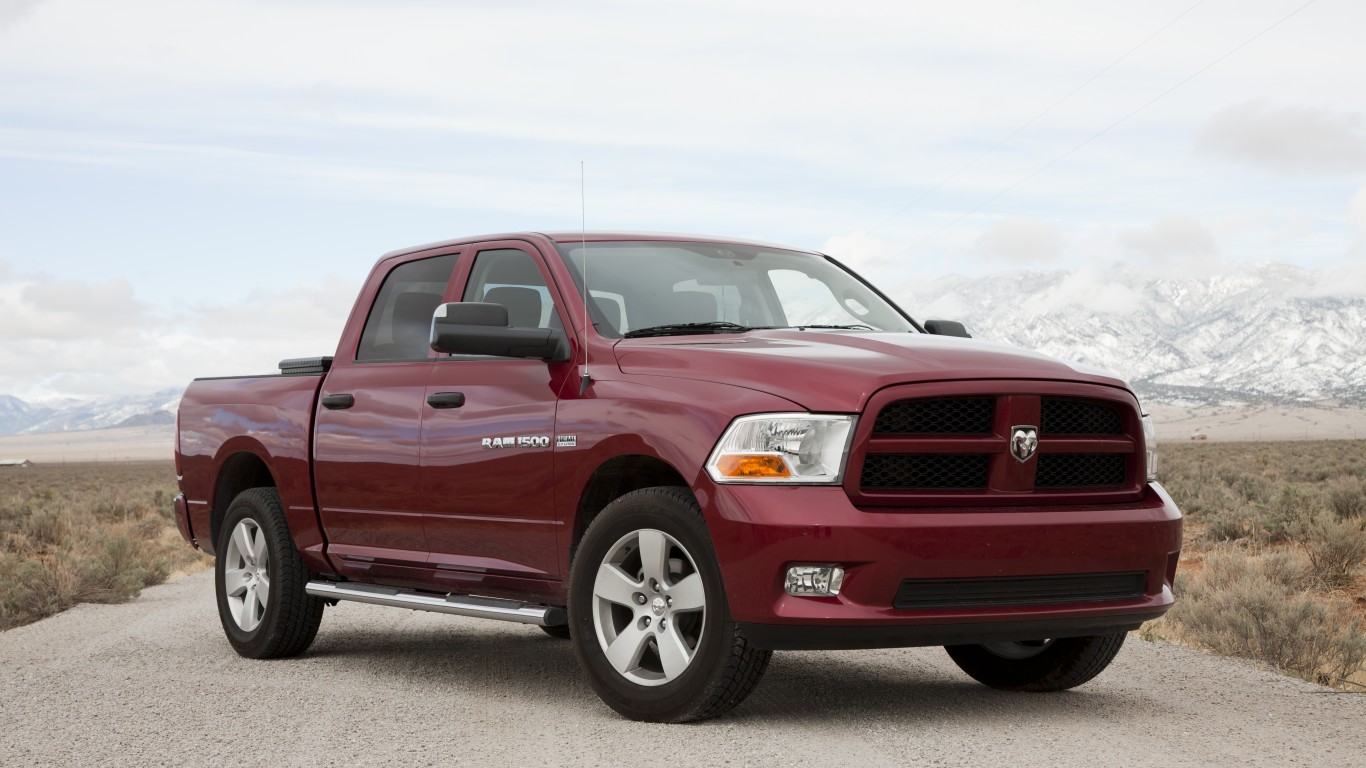
12. Dodge
> JD Power score: 840

11. Ford
> JD Power score: 838

10. Genesis
> JD Power score: 836
[in-text-ad-2]

9. Ram
> JD Power score: 836

8. Honda
> JD Power score: 835
[in-text-ad]

7. Jeep
> JD Power score: 834

6. Kia
> JD Power score: 834

5. Volkswagen
> JD Power score: 833
[in-text-ad-2]
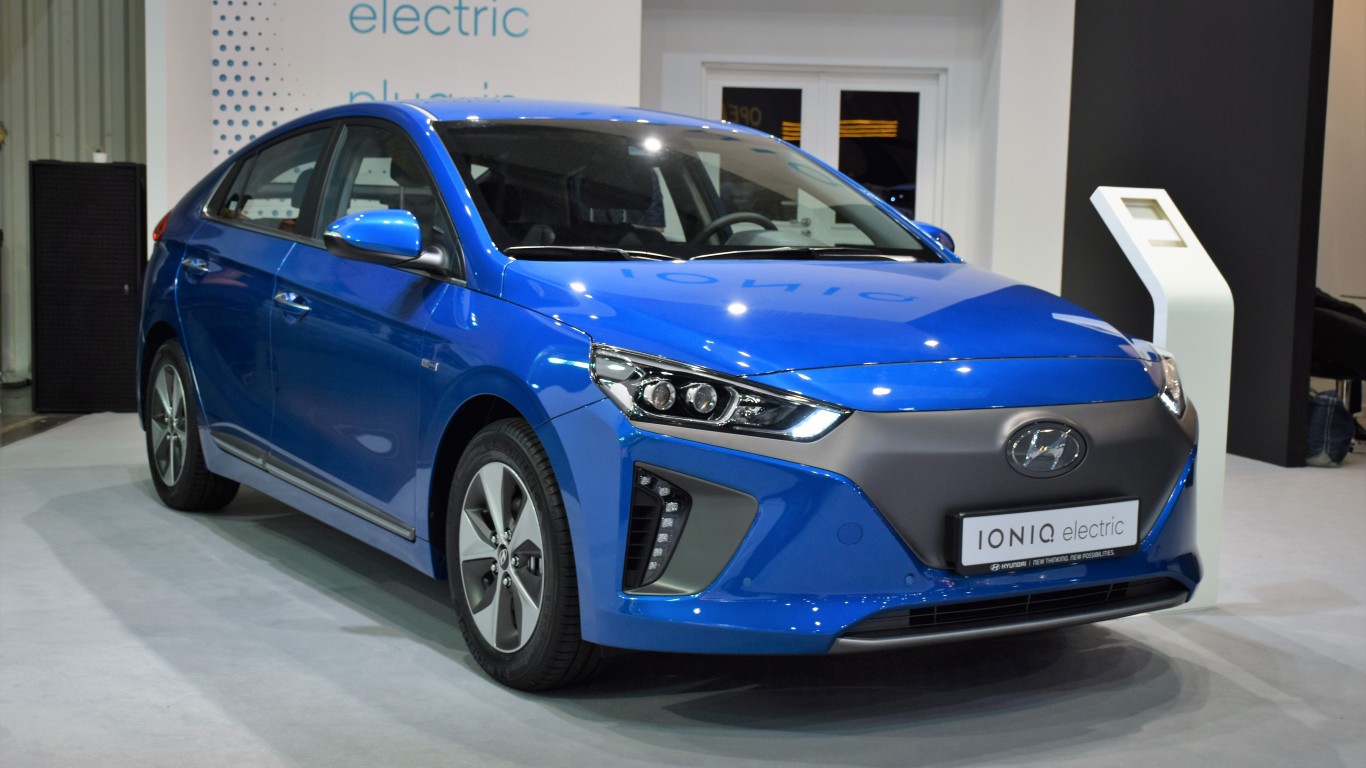
4. Hyundai
> JD Power score: 831

3. Land Rover
> JD Power score: 815
[in-text-ad]
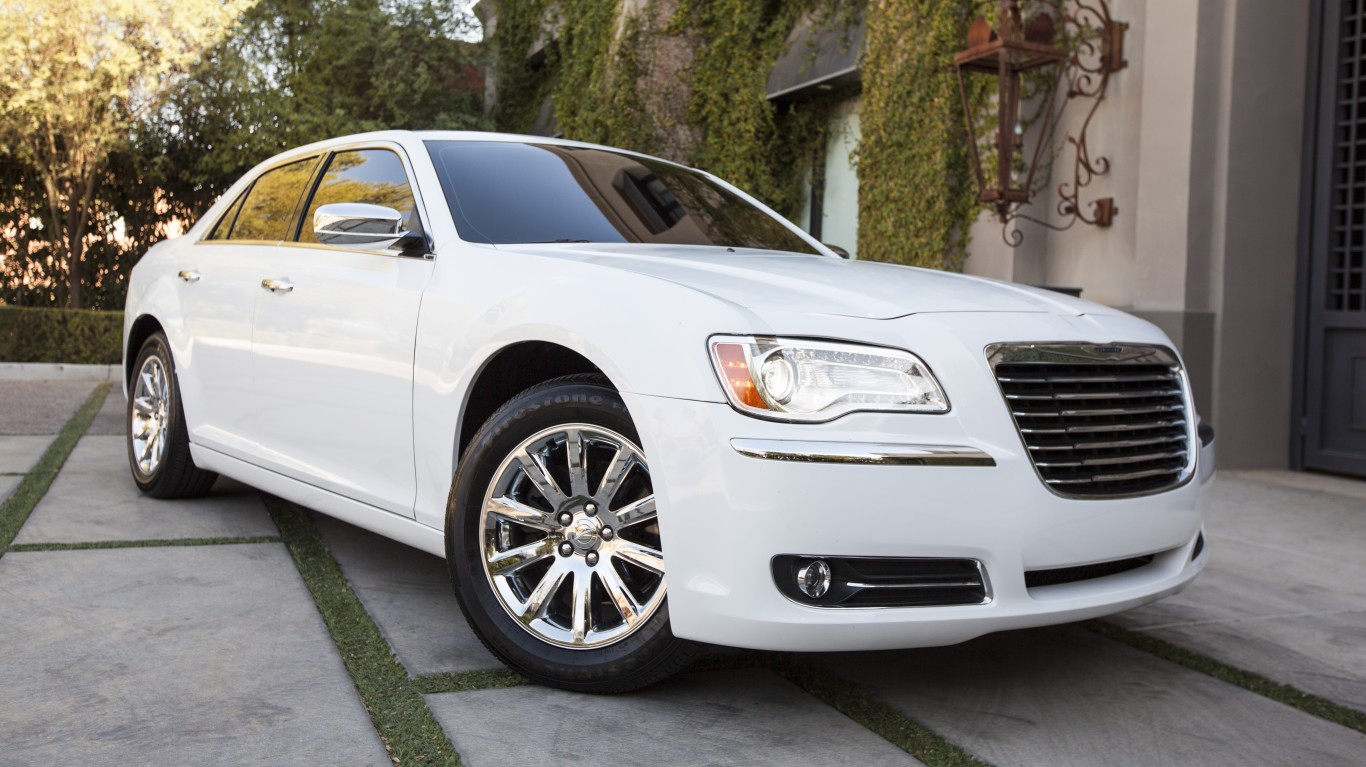
2. Chrysler
> JD Power score: 808

1. Alfa Romeo
> JD Power score: 801
Let’s face it: If your money is just sitting in a checking account, you’re losing value every single day. With most checking accounts offering little to no interest, the cash you worked so hard to save is gradually being eroded by inflation.
However, by moving that money into a high-yield savings account, you can put your cash to work, growing steadily with little to no effort on your part. In just a few clicks, you can set up a high-yield savings account and start earning interest immediately.
There are plenty of reputable banks and online platforms that offer competitive rates, and many of them come with zero fees and no minimum balance requirements. Click here to see if you’re earning the best possible rate on your money!
Thank you for reading! Have some feedback for us?
Contact the 24/7 Wall St. editorial team.